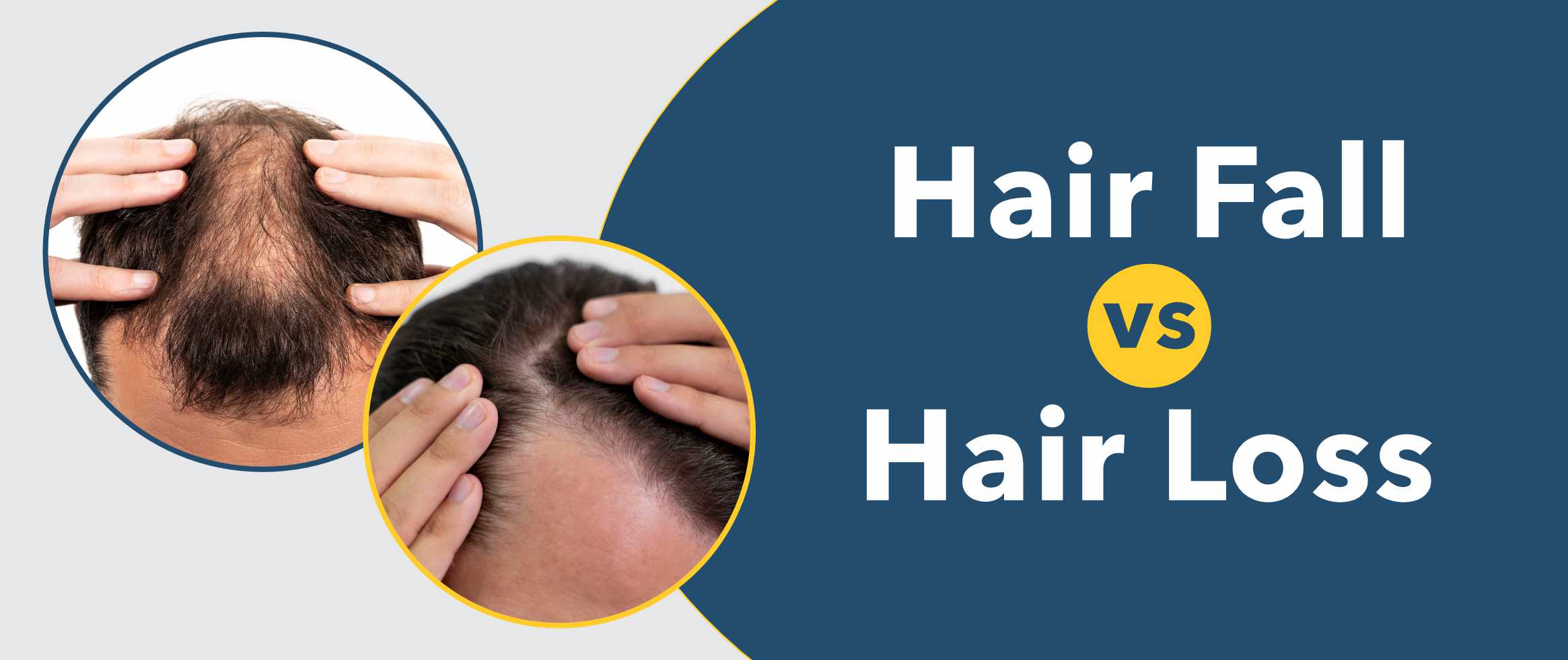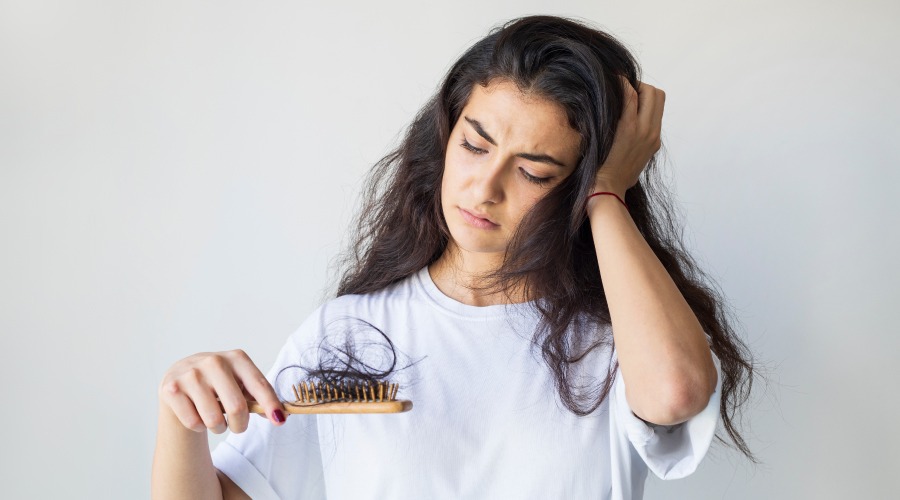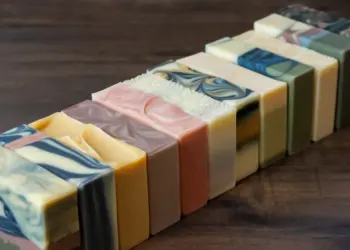Here’s a comprehensive guide to the best hair loss treatments, as recommended by dermatologists
Hair loss can be a frustrating concern for many women. Before you hit the panic button and buy a cart full of unproven supplements, take a deep breath! This guide will explore the most effective hair loss treatments for women, based on the wisdom of dermatologists.

Understanding the Root of the Problem
The first step is figuring out why your hair is thinning. Hair loss can be caused by various factors, including:
- Genetics: Androgenetic alopecia, also known as female pattern hair loss, is the most common culprit. It’s hereditary, and hormones play a key role.
- Stress: Intense stress, both physical and emotional, can trigger temporary hair loss. Nutritional deficiencies can also contribute.
- Hairstyles: Tight ponytails, braids, extensions, and weaves can lead to traction alopecia if worn excessively.
- Heat and Chemicals: Overdoing hot tools and harsh chemicals like bleach can damage hair, causing breakage and hair loss.
- Dandruff: Seborrheic dermatitis, a scalp condition with severe flaking, can clog hair follicles and hinder hair growth.
- Inflamed Follicles: Physical irritation, bacterial infections, or fungal infections can inflame hair follicles, disrupting hair growth.
- Hormonal Imbalances: Conditions like PCOS and perimenopause can trigger hair loss in women due to hormonal shifts.
- Autoimmune Diseases: Certain autoimmune diseases attack healthy tissues, including hair follicles, leading to hair loss.

Tailored Treatments for Different Causes
Now that you have a better idea of what might be causing your hair loss, let’s explore treatment options:
- Genetic Hair Loss: Topical minoxidil (Rogaine) is a popular option. It helps reverse hair follicle shrinkage and promotes hair growth. Consider consulting a dermatologist to determine the right concentration and dosage for you. For some women, low-dose oral minoxidil or spironolactone, a blood pressure medication with anti-androgen effects, may also be beneficial.
- Stress-Related Hair Loss: If the stressor is temporary, hair growth should resume on its own within a few months. However, if the shedding persists or you have underlying deficiencies, a dermatologist can recommend solutions like minoxidil.

Treatment. Untreated, hair loss in female pattern baldness is permanent. In most cases, hair loss is mild to moderate. You do not need treatment if you are comfortable with your appearance/PHOTO COURTESY - Traction Alopecia: Loosen up your styling routine! Opt for looser hairstyles and avoid tight accessories. If you notice scalp pain or irritation, see a dermatologist for treatment.
- Heat/Chemical Damage: Minimize heat styling and harsh chemicals. Use gentle, hydrating hair products to strengthen strands and prevent breakage. If hair loss persists, consult a dermatologist to rule out underlying conditions.
- Severe Dandruff: Anti-dandruff shampoos with ingredients like ketoconazole, zinc pyrithione, and salicylic acid can effectively combat dandruff and promote hair regrowth.
- Inflamed Follicles: Depending on the cause of inflammation, a dermatologist may recommend treating it with warm compresses, antibiotics, or corticosteroids.
- Hormonal Imbalances: For PCOS, birth control pills or anti-androgen medications can help regulate hormones and reduce hair loss. Hormone replacement therapy may be beneficial for perimenopause-related hair loss.
- Autoimmune Diseases: Corticosteroids, immunomodulators, and topical minoxidil can be helpful depending on the specific condition. Wigs can also play a role in improving quality of life.
It’s essential to consult with a dermatologist to determine the most suitable treatment for your specific condition. Finding the right combination of hair loss treatments for women may require some trial and error, but with persistence, you can encourage your hair to make a comeback.
Remember: Consistency is key! Most hair loss treatments take time to show results. Be patient and stick with your regimen for optimal benefits. If you are unsure about the cause of your hair loss or the best course of treatment, don’t hesitate to consult a dermatologist for personalized guidance.
Originally posted on April 1, 2024 @ 9:50 pm






















